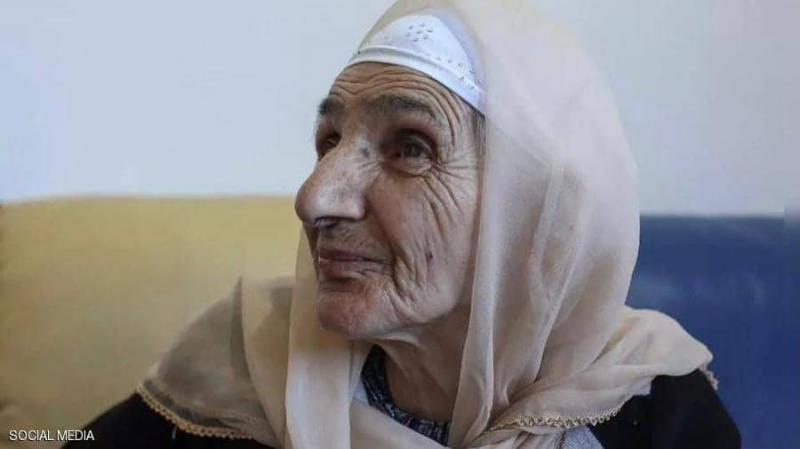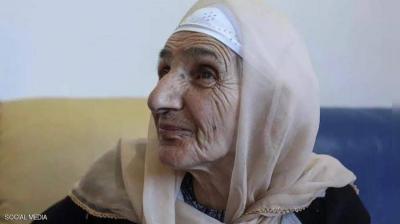In a poignant conclusion to the Jewish presence in Afghanistan, which spanned over 15 centuries, the last Afghan Jewish woman residing in the country has arrived at the "Golem" refugee camp near Tirana, the capital of Albania. Afghan media reported that the logistical and political efforts were successful, and Mrs. Tova Moradi reached the camp, where she is expected to later move to Canada, where many of her children have resided since they fled Afghanistan in the early 1990s, following the Taliban's initial takeover of most of the country.
Moradi, who is officially 83 years old, was born into an Afghan Jewish family in Kabul. She had never left the city throughout her life, especially after she left her family to marry an Afghan Muslim man. However, she never abandoned or denied her Jewish faith, as her close community acknowledged and respected her right to it, without her facing any social harassment, according to statements she made to the media over the years.
Moradi remained with her husband and children despite her family's emigration on her parents' side in the 1960s. Along with a relative named Zebulon Simintov and Rabbi Isaac Levi, Moradi was one of the last three Jews remaining in Afghanistan. Moradi risked her life during the Taliban rule in the mid-1990s, hiding the rabbi from view. Following his later death and Simintov's emigration to Istanbul several months ago, Moradi became the last remaining Jew in Afghanistan.
Exhaustive political, intelligence, and social efforts were made to evacuate Moradi, involving Israeli organizations, a European relief group, and businessmen from Kazakhstan and Canada, allowing Moradi and some family members on her husband's side to leave the Taliban-controlled city. These efforts intensified recently after calls from several of her relatives worldwide, who warned of the potential threat to her life from the Taliban or its undisciplined members.
Writer and researcher Aras Fayek explained in a conversation with "Sky News Arabia" how prolonged wars and poor political situations destroy the spirit of cultural and spiritual diversity within a country. "Moradi's departure after 15 centuries of persistent Jewish presence in a nation that has always been a mosaic of ethnic, religious, sectarian, and linguistic components indicates that wars and ideologies of hate, alongside their destruction of cities, economies, and lives, disassemble the foundations of social bonds and their ability to cohere and coexist peacefully. These standards have become national treasures in today’s crisis, valued beyond underground and agricultural resources. In every global scenario of the displacement of a community, a civil war erupts among the remaining populations within a few years or perhaps a few months. Displacing a community means the loss of that society's guarantees for joint coexistence."
From the Golem camp, the Afghan Jewish woman was able to communicate with her relatives on her parents' side, including many of her ten surviving siblings, expressing her joy at this first contact after nearly half a century, while simultaneously expressing her sadness at leaving her homeland, Afghanistan.
It is worth noting that the history of the Afghan Jewish community dates back over 15 centuries; some sources suggest that many Pashtun tribes were Jewish for long periods in their history and coexisted peacefully with their Muslim and Christian counterparts. Afghan Jews were known for their involvement in the leather trade, land investment, and the production of traditional Afghan silver and gold, with their businesses thriving for many centuries, benefiting from Afghanistan's strategic position along the historic Silk Road.
Estimates indicated that in the early 1930s, there were around 100,000 Afghan Jews, although they faced persecution during the reign of King Nader Shah and his son Mohammed Zahir Shah. Nevertheless, they largely remained present in cities like Kabul and Herat, albeit subjected to various forms of ghettoization, behaviors, and dress codes.




